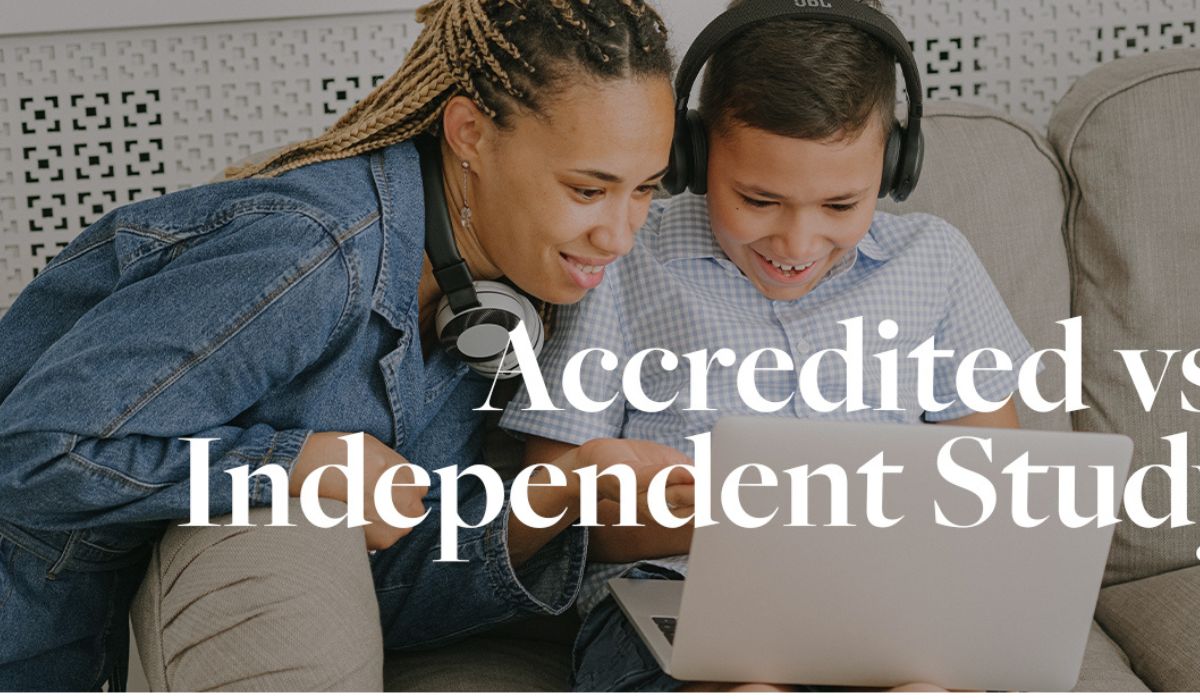Introduction
When choosing an educational curriculum, particularly for homeschooling or private school options, families often encounter various choices that can impact a child’s educational journey. One such choice involves the ABEKA curriculum, which is widely recognized in educational circles. A crucial aspect of this decision is whether to opt for an ABEKA accredited vs unaccredited one. Understanding the differences between these two options can significantly influence the quality of education a student receives. This article delves into the distinctions between ABEKA accredited and unaccredited programs, exploring the implications of each choice for students and families.
Understanding ABEKA Accreditation
What is ABEKA?
ABEKA is a comprehensive educational curriculum founded in the 1950s by Arlin and Beka Horton. Originally designed to meet the needs of Christian schools and homeschooling families, ABEKA has evolved into a robust educational resource known for its structured and traditional approach. The curriculum spans from preschool through high school and emphasizes a blend of academic rigor and moral instruction.
The Accreditation Process
To achieve ABEKA accreditation, an educational program must undergo a rigorous evaluation process. This process includes:
- Application and Review: The institution submits an application detailing its adherence to ABEKA’s curriculum standards.
- Site Visit: ABEKA representatives conduct a thorough site visit to assess the program’s implementation of the curriculum.
- Evaluation: The program is evaluated based on adherence to ABEKA’s educational standards and guidelines.
- Approval: If the program meets all requirements, it is granted accreditation, signaling its alignment with ABEKA’s high standards.
ABEKA’s Standards
ABEKA accreditation is not merely a formality; it involves stringent standards, including:
- Curriculum Fidelity: Ensuring the curriculum is implemented as designed by ABEKA.
- Teacher Qualifications: Teachers must meet specific educational and certification requirements.
- Assessment and Evaluation: Regular assessments to ensure educational effectiveness and adherence to ABEKA standards.
Benefits of ABEKA Accreditation
Quality Assurance
One of the most significant benefits of ABEKA accreditation is the assurance of quality. Accredited programs are regularly reviewed and must meet high educational standards, ensuring students receive a consistent and reliable education.
Standardized Curriculum
ABEKA accredited programs follow a standardized curriculum that is meticulously designed to provide a comprehensive education. This consistency can be beneficial in maintaining educational standards and facilitating student learning across different locations.
Teacher Training
In ABEKA accredited programs, teachers are required to undergo specific training and certification. This ensures that educators are well-prepared to deliver the ABEKA curriculum effectively, contributing to a higher quality of instruction.
Recognition and Acceptance
ABEKA accreditation can also enhance a program’s recognition and acceptance. Many colleges and universities recognize the rigor and quality associated with ABEKA accreditation, which can be advantageous for students applying for higher education.
Differences Between Accredited and Unaccredited ABEKA Programs
Curriculum Adherence
Accredited ABEKA programs adhere closely to the curriculum designed by ABEKA. In contrast, unaccredited programs may implement the curriculum with variations, which can lead to inconsistencies in educational quality.
Teacher Qualifications
Teachers in accredited programs are required to have specific qualifications and certifications. Unaccredited programs may have less stringent requirements, which can impact the overall quality of instruction.
Support and Resources
ABEKA accredited programs typically have access to extensive support and resources from ABEKA, including professional development for teachers and educational materials. Unaccredited programs may have limited access to these resources, affecting the support available to both students and educators.
Cost and Affordability
The cost of ABEKA accredited programs can be higher due to the rigorous standards and additional resources provided. Unaccredited programs might offer lower fees, but this could reflect a difference in the level of support and quality of education.
Factors to Consider When Choosing an ABEKA Program
Program Type
Consider the type of ABEKA program that best suits your needs, whether it’s for homeschooling or a private school setting. Each type has its benefits and considerations regarding flexibility, structure, and resources.
Location and Accessibility
The location of the program can impact accessibility. Ensure that the ABEKA program you choose is conveniently located or offers the necessary support for remote learning if applicable.
Individual Needs
Evaluate how well the ABEKA program aligns with your child’s individual learning needs and styles. Accredited programs often provide tailored support to accommodate various learning preferences.
Accreditation Status
Verify the accreditation status of any ABEKA program you consider. Accreditation ensures that the program meets specific standards, providing confidence in the quality of education offered.
You May Also Like: P.O. Box 6184 Westerville OH: Secure Mailing Solution
Conclusion
In summary, choosing between an ABEKA accredited and an unaccredited program involves evaluating several factors, including curriculum adherence, teacher qualifications, support resources, and costs. Accreditation signifies a commitment to high educational standards and can provide added benefits such as enhanced recognition and quality assurance. Families should carefully consider these factors to make an informed decision that best supports their educational goals.
FAQs
What does ABEKA accreditation mean?
ABEKA accreditation indicates that an educational program meets ABEKA’s rigorous standards for curriculum, teacher qualifications, and educational quality.
How can I verify if an ABEKA program is accredited?
You can verify accreditation by checking with ABEKA directly or reviewing the program’s official website for accreditation status and details.
Are ABEKA accredited programs more expensive?
Yes, accredited programs often have higher fees due to the added resources and quality assurance measures required for accreditation.
What are the benefits of choosing an ABEKA accredited program?
Benefits include higher educational quality, standardized curriculum, better teacher training, and greater recognition by colleges and employers.
Can unaccredited ABEKA programs still provide a good education?
Yes, unaccredited programs can offer a good education, but they may lack the consistency, support, and resources associated with accredited programs.











